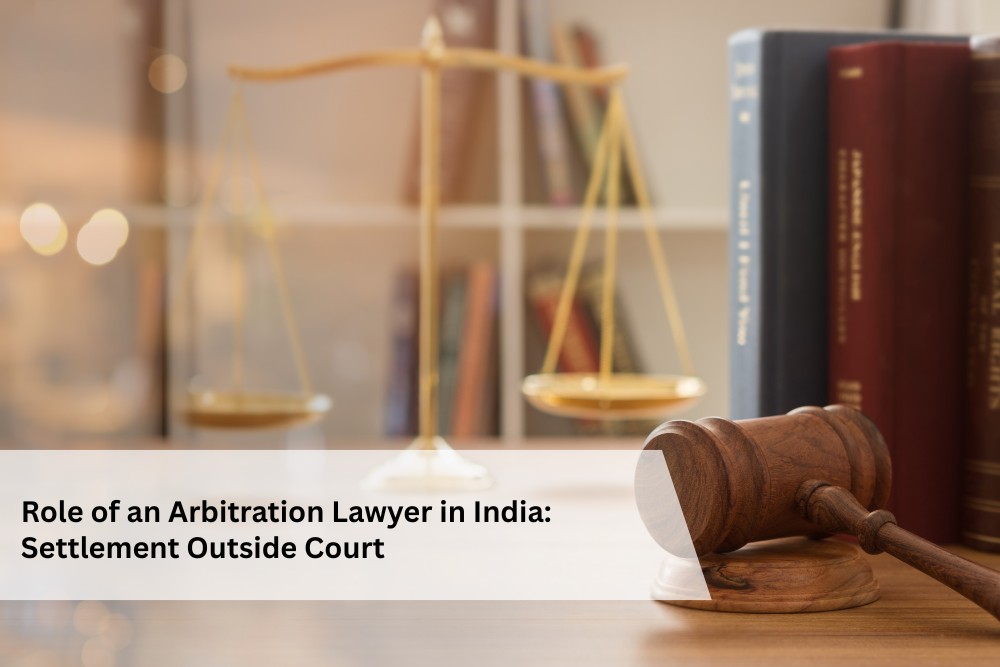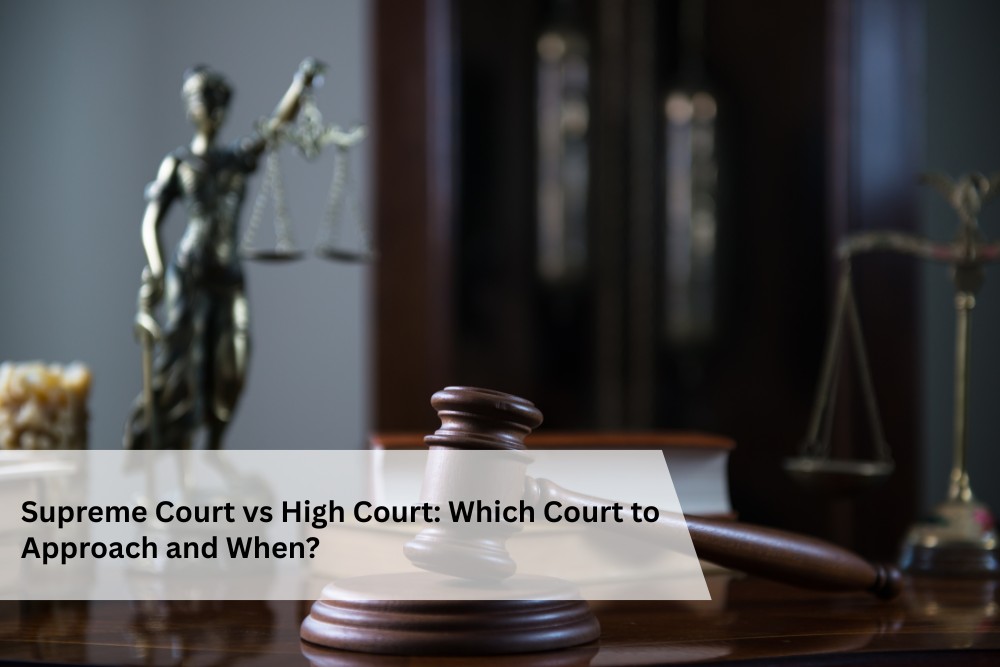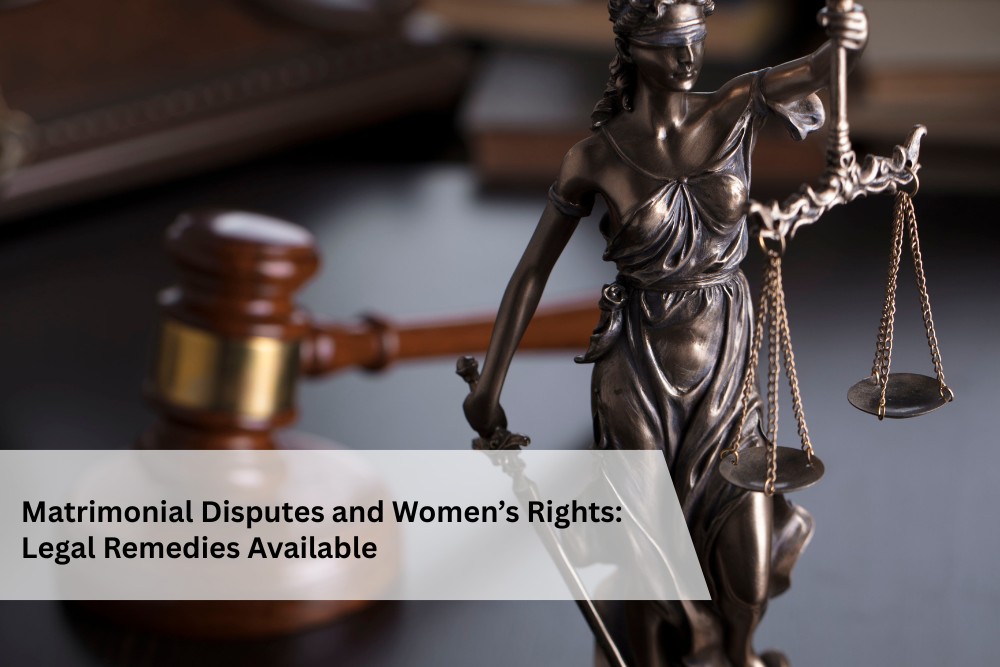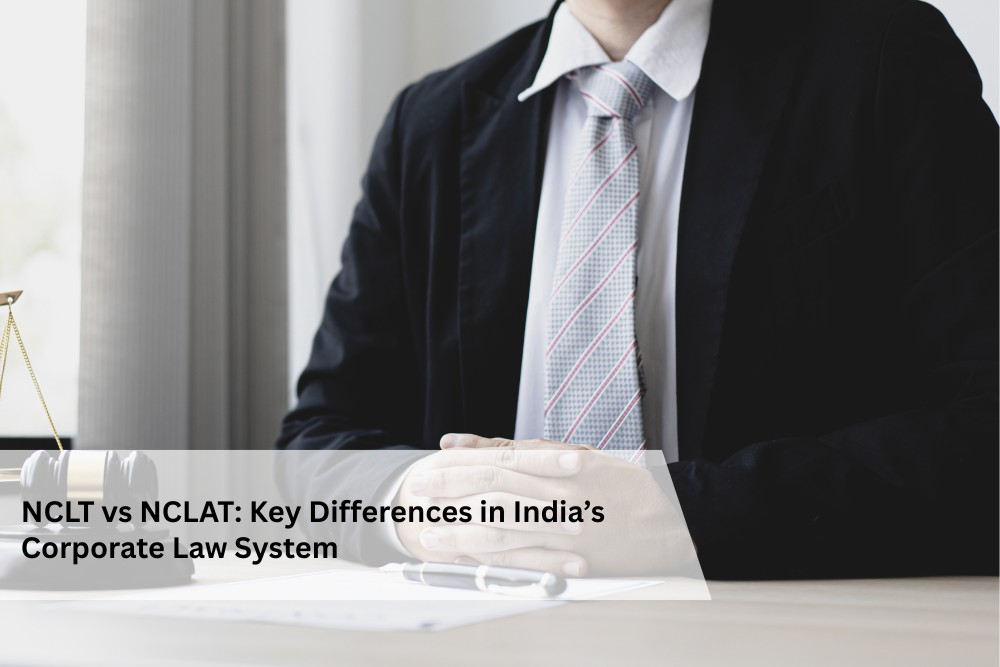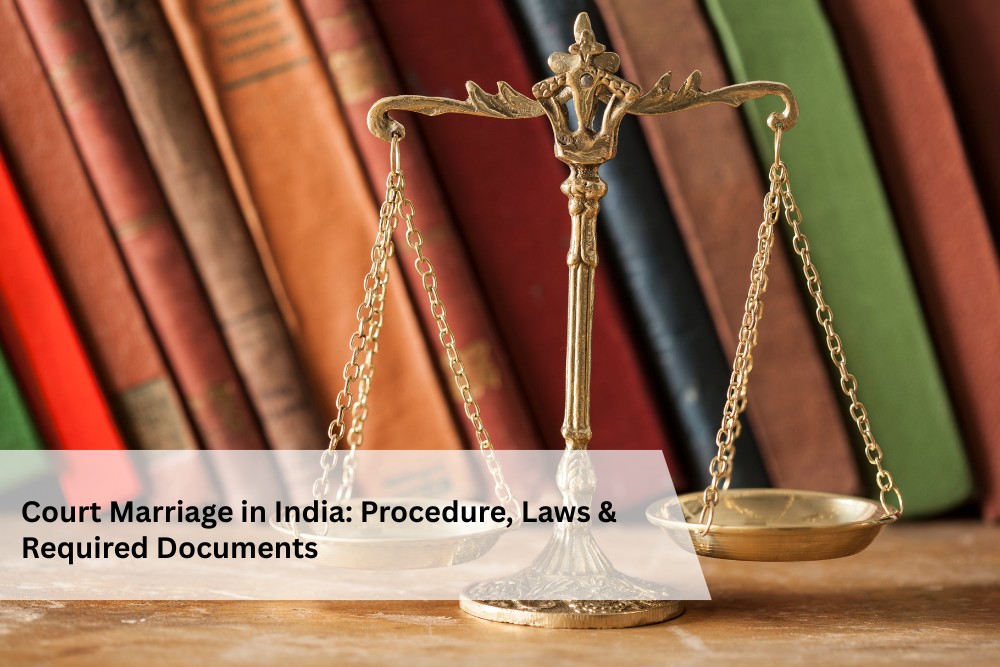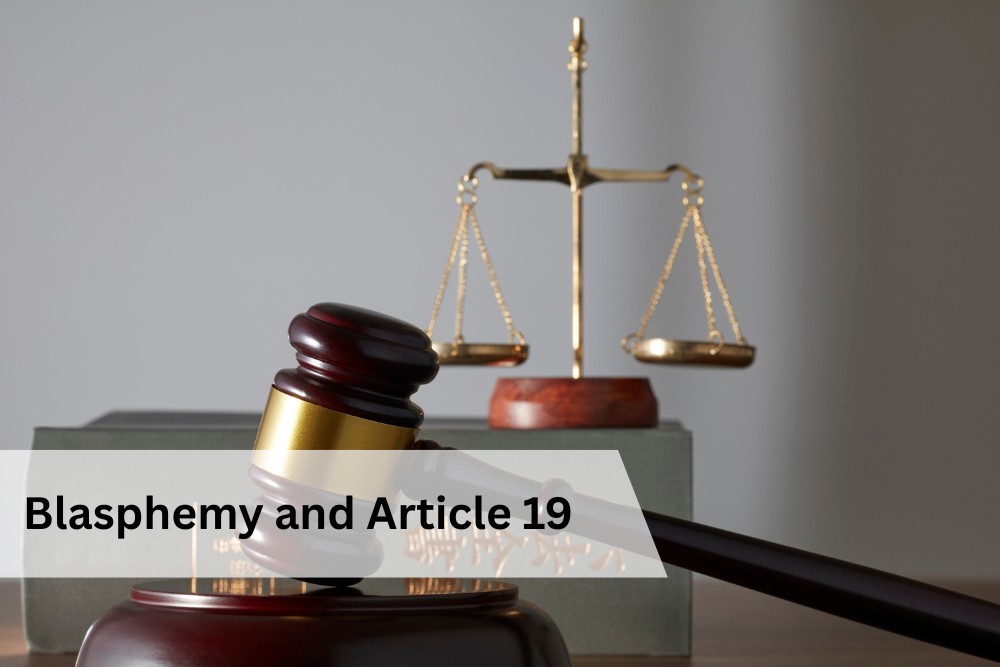
In India, religion holds a profound place in people’s daily lives. For many, a typical day starts and ends with spiritual or religious practices. As a multi-faith nation, India often sees diverse expressions of devotion but this diversity can sometimes lead to religious friction. When individuals attempt to undermine or mock others’ faiths in a bid to assert religious superiority, it can give rise to blasphemy. While this is not unique to India, it is a global concern—prompting several countries to introduce laws addressing such actions.
Blasphemy laws are those that penalize disrespectful or offensive expressions against religious beliefs or symbols. Though the Indian Constitution does not directly mention the term "blasphemy," the concept is addressed through Section 295A of the Indian Penal Code (IPC). This section punishes deliberate and malicious acts intended to insult the religious sentiments of any group. The punishment can include imprisonment of up to four years, a fine or both.
Originally enacted by the British in 1927, Section 295A was upheld in the landmark case Ramji Lal Modi v. State of Uttar Pradesh. The petitioner argued that the provision violates the constitutional right to freedom of speech under Article 19. However, the Supreme Court ruled that only intentional and malicious acts—not every form of criticism—fall under this section, thereby maintaining its constitutional validity.
While the Constitution does not define religion in strict terms, tensions between freedom of expression and religious sensitivity are frequent. A recent example includes the controversy surrounding the “Tandav” web series, which led to legal complaints over perceived religious offense—despite the lack of direct intent.
India’s Constitution guarantees fundamental rights from Articles 14 to 35. Among these Article 19(1)(a) ensures freedom of speech and expression. However, these freedoms are not unlimited. Clauses (2) to (6) of Article 19 provide grounds for the State to impose reasonable restrictions in the interest of public order, morality and national integrity.
As a democratic, secular and socialist republic, India strives to balance individual freedoms with collective harmony. While freedom of expression is vital in a democracy, it must be exercised responsibly to avoid infringing on the rights and sentiments of others.


